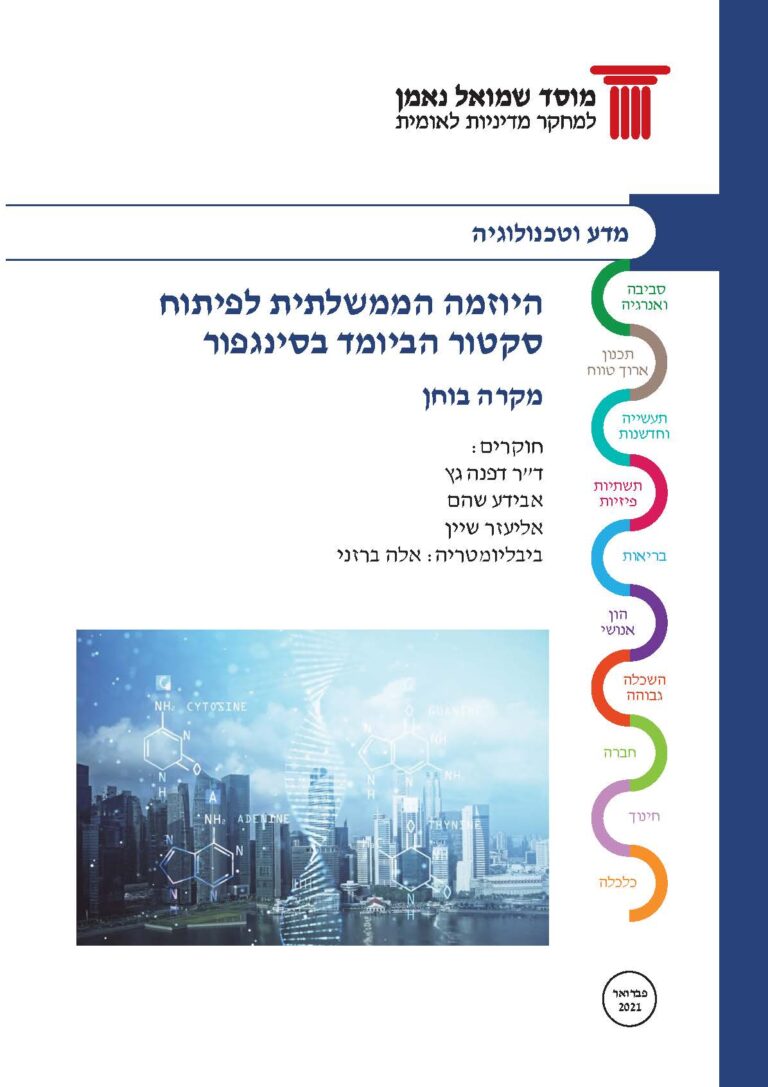On the verge of the 21th century, the government of Singapore has decided to expand its economic horizons and add the biomedical field as an additional pillar to its growing economy.
The trigger for the decision was a financial crisis in Asia a few years before, leading to the conclusion that the dependence on the existing industrial sectors may not be enough for the country’s economic stability and future needs.
As part of its ‘Industry 21’ program, Singapore has embarked on an over-all strategic plan to build the full value chain of biomedical capabilities ranging from basic university science through applied and translational research and all the way to manufacturing.
In the years following, the biomedical sector has demonstrated impressive growth in manufacturing, exports, employment and R&D investments.
The aim of this case study is to describe some of the strategic actions undertaken by the government of Singapore to develop its local biomedical sector.
This study examines many aspects of the Singaporean program including local manpower and talent development, investments in infrastructure, attraction of Multi-National Companies (MNCs), creation of governmental investment funds dedicated for the biomedical sector and the draw of high-ranking foreign talent.












